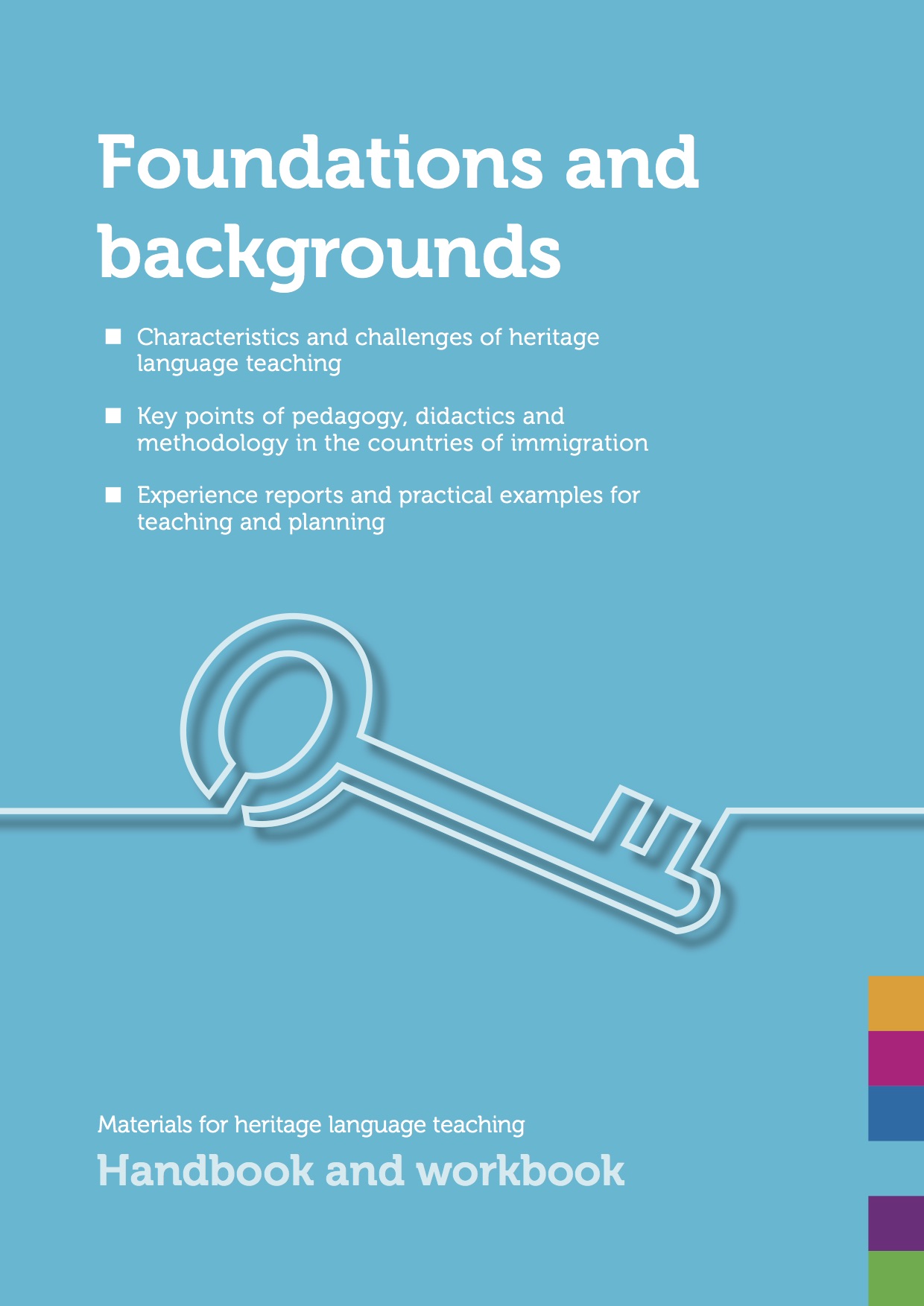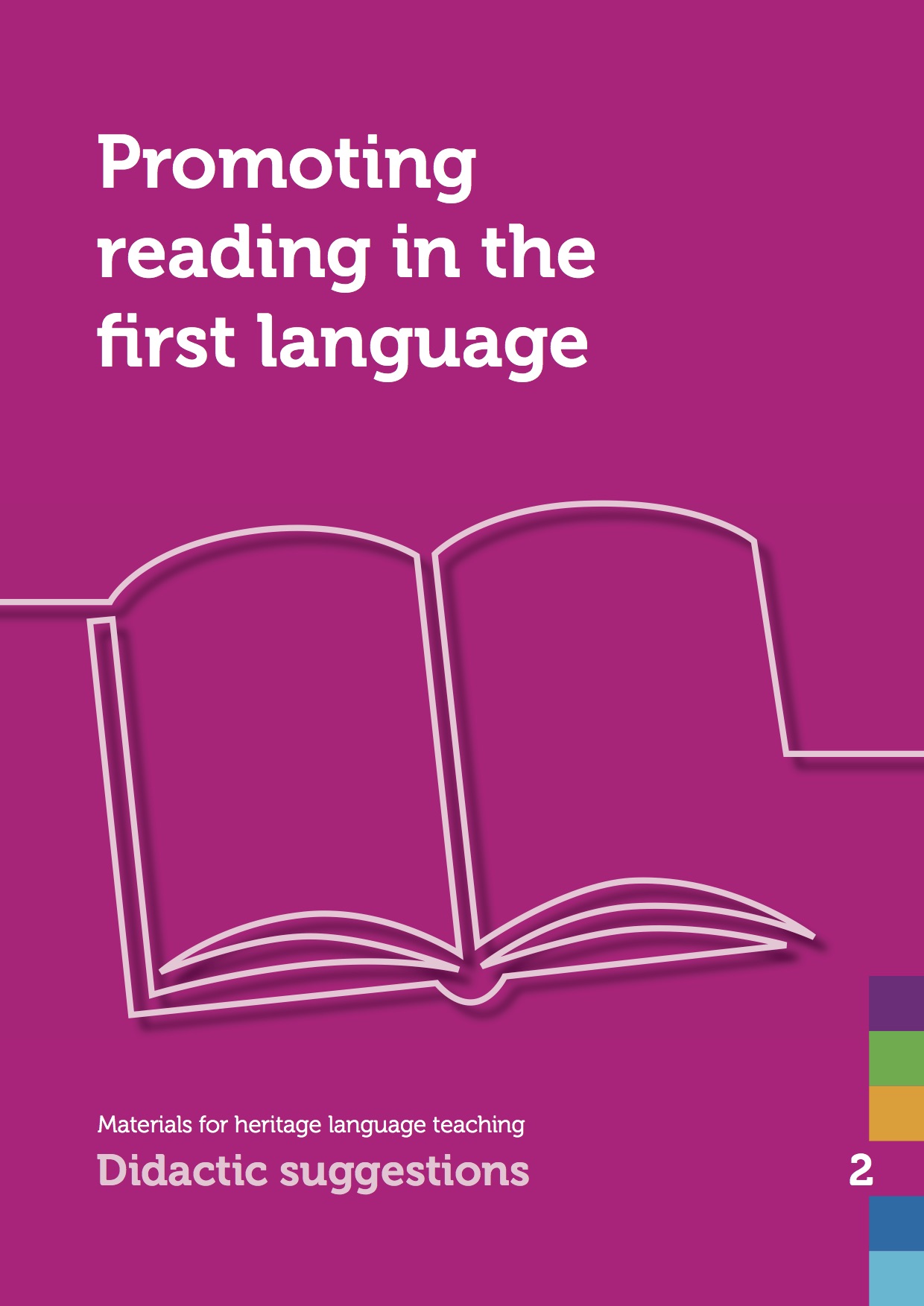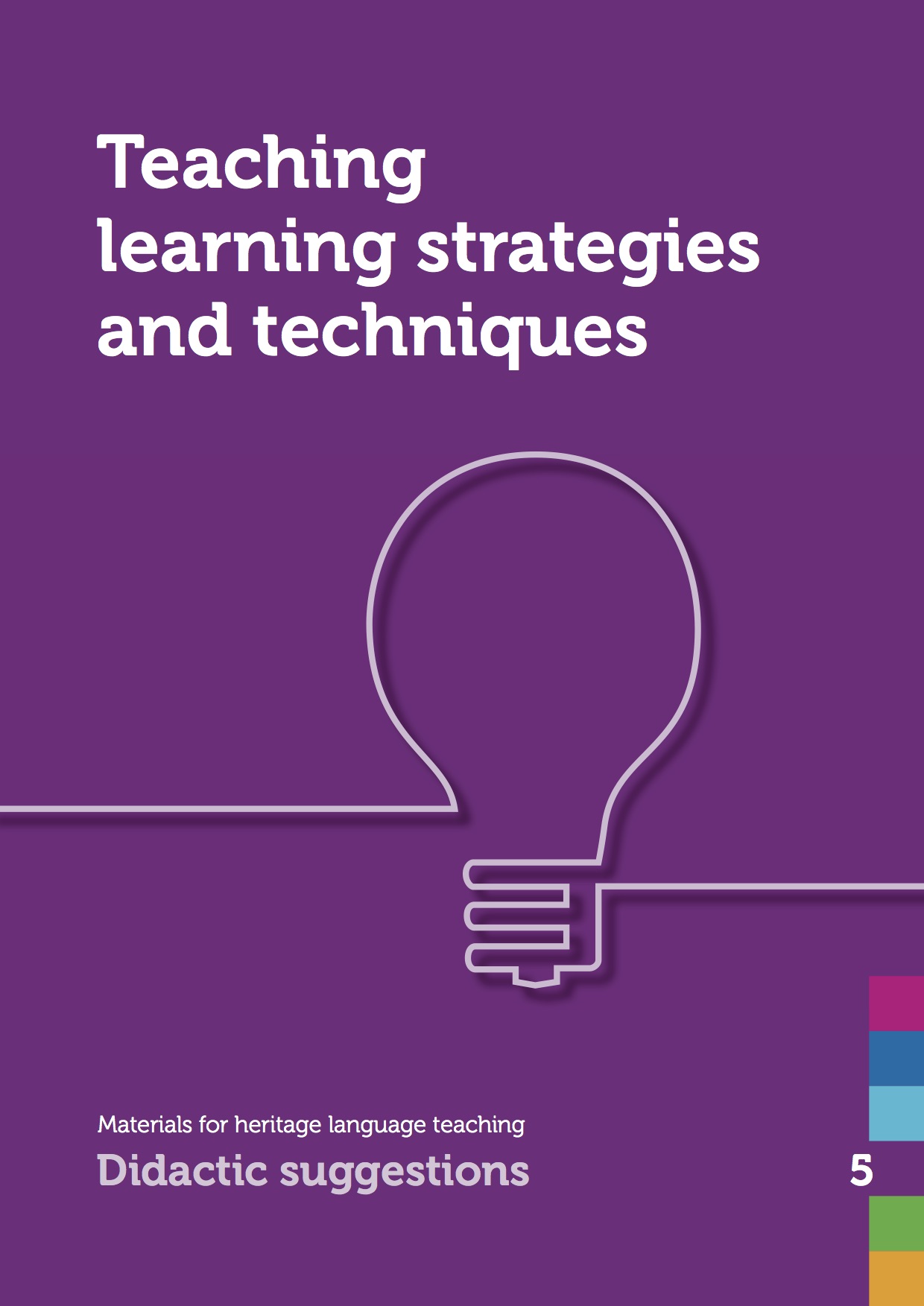
Procedure:
- Variants with access to the internet platform www.lyrikline.org:
The teacher introduces the internet page. Students then form teams of two. They are to find on this platform a poem of their liking in their native language. They then have to present the poem to the class and should respond to the following questions:- How can you tell that this is a poem?
- What is the main theme of the poem?
- Which words or sentences sound particularly beautiful?
- What is the prevailing mood in this poem?
- Which colors or what kind of music are appropriate for this poem?
- To whom might the poem appeal particularly?
- If the HLT has no access to computers, this research can be assigned as a homework task. The recording of the poem should be brought to class as an audio file (i.e. on a handheld device).
- Instead of using www.lyrikonline.org or in addition to that resource, listening can also be trained with other texts and readers: children’s lyrics, short stories, jokes, etc., read by the teacher, by parents,or students (after intensive preparation) and recorded in order to assemble a collection of audio files (see also instructional suggestions 10, Reading aloud and recording for others).
Remarks:
- Concerning the lyric platform www.lyrikline.org: this website is a true treasure trove! It has poems in more than 60 languages, read aloud by the authors themselves and supplemented with biographical information about them. Frequently, there is also a translation into German or the other languages which the website can accommodate. About operating the website: select first the language for navigating the site, then enter the name of the desired language of the poems into the field “search term”.
Variants:
There are many possible expansion possibilities, i.e.:
- The texts (frequently with translation) can also be printed out and copied, which also allows for language comparisons and language observations.
- The students practice reading their favorite poem and recite it themselves to the class.
- The students also listen to poems in other languages, decide on a particularly beautiful listening experience and/or make comparisons with their own language (sound, speech rhythm, melody, tempo, etc.).






